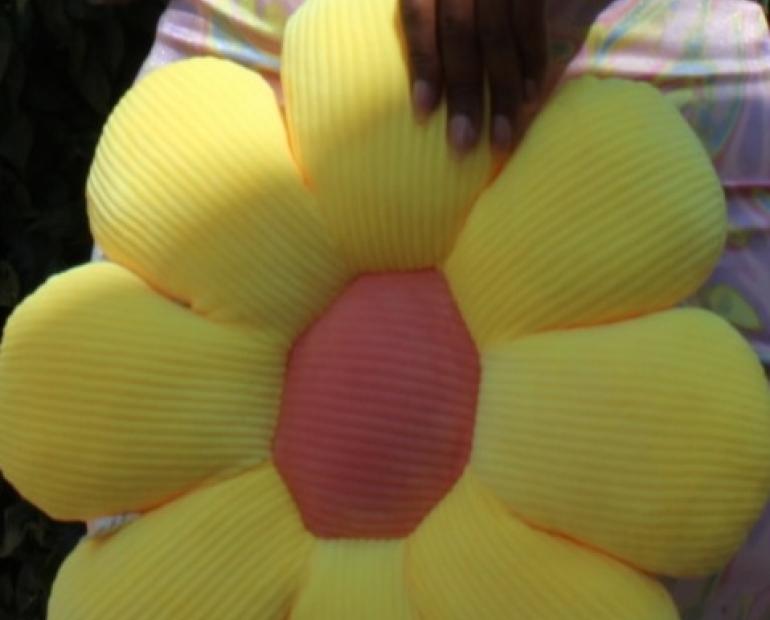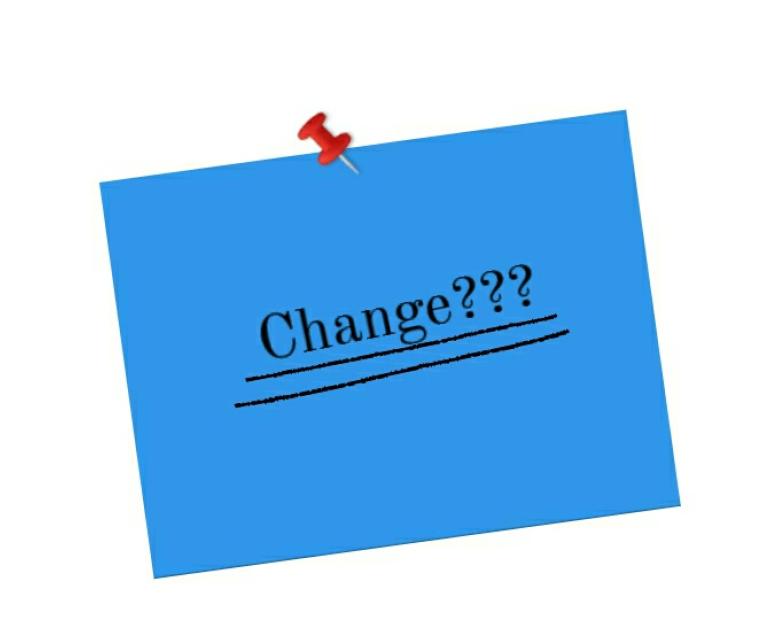
Christmas is approaching, but this has to be the quietest one yet. In these times of great economic peril, there has never been a more daunting time to be a youth in Ghana. At the dinner table, on the walk to school, behind our desks, day in and day out we hear about the current struggle: "our economy is in decline". The economic struggle has had an evident impact on all aspects of our society; the price of food commodities has doubled and fuel has become a luxury; our lives are no longer the same. Recording an inflation rate of 50% by November 2022, we don't need to hear it from the headlines in newspapers
In 2016 no financial engineer, minister or layman could predict the ongoing crisis, yet here we are living in it. Although devastating, our current turmoil teaches us a valuable lesson; to prepare for more difficult times. And to the youth; we have a more urgent task – to take steps in achieving economic independence.
It becomes very easy to rely on our parents and elders, especially since they are tasked with the responsibility of being breadwinners. Respecting their roles does not mean we have to sit back idle. To prepare ourselves as well to become responsible citizens who can serve and build our country we must be intentional about achieving our own sense of economic stability.
Saving - From basic schools we are taught the importance of putting money away for future use, because of the various benefits it gifts us. Research done by Gina Chowa and others in 2012 show that even though the youth of Ghana have positive attitudes towards saving, a lot of these efforts are towards short term goals.
More than half of the interviewed participants were recorded to aim to use their savings that very month. To prepare ourselves against times such as the one we find ourselves in, just saving is not enough. We must also alter the views we have towards saving and its gravity. Let's work towards saving for longer periods of time, making sacrifices and investments not only to guard in difficult times but also to make us the responsible citizens our country needs.
Designing and providing services - All around the world, we hear innovative and inspiring stories of how fellow youth bring ideas to life. We are no different, the possibilities of our imagination are limitless and it is time we take advantage of the fact. Whether it is improving the way we make our waist beads, or develop some of our local games like "sansakroma" (a popular Ghanaian game played with stones) or animating our Ananse stories (a collection of Ghanaian folktales). There are so many opportunities for us to apply our ideas, develop skills and make revenue from this process. As youth, this is one of the most "idea-rich" periods of our lives, let's not take this time for granted.
Consumer Culture - In addition to developing our innovative spirits, it is also helpful to support the efforts made by our neighbours. Listening to some of my friends, a common perception holding them back from expressing their creative intellect is the lack of support they believe will follow. And unfortunately, there is some truth to this claim. There are a lot of projects undertaken by local youth that do not go as far because they lack the sufficient support which translates into attention and then into success. Several projects such as the "solawash" (which provided an innovative way to maintain hygiene in the midst of the pandemic) died down after a few weeks of media circulation.
There is a Ghanaian proverb that translates " when you see your neighbour's beard on fire, wet your own". This directive goes out not only to the Ghanaian youth, but to young people all over the world. You can never be too young to take steps to support your own economic stability. We remain the key to our world's search for economic prosperity, we just have to shape ourselves to fit the lock.
References :
References
Chowa, G. (202 C.E., June). Youth Saving Patterns and Performance in Ghana (M. Despard & I. Akoto, Eds.). Researchgate.com. https://www.researchgate.net/publication/309281941_Youth_saving_pattern…
Trading Economics. (n.d.). Ghana inflation rate - november 2022 data - 1998-2021 historical - december forecast. Tradingeconomics.com. Retrieved December 18, 2022, from https://tradingeconomics.com/ghana/inflation-cpi#:~:text=Sharply%20in%2…-
Dhirubhai Ambani






